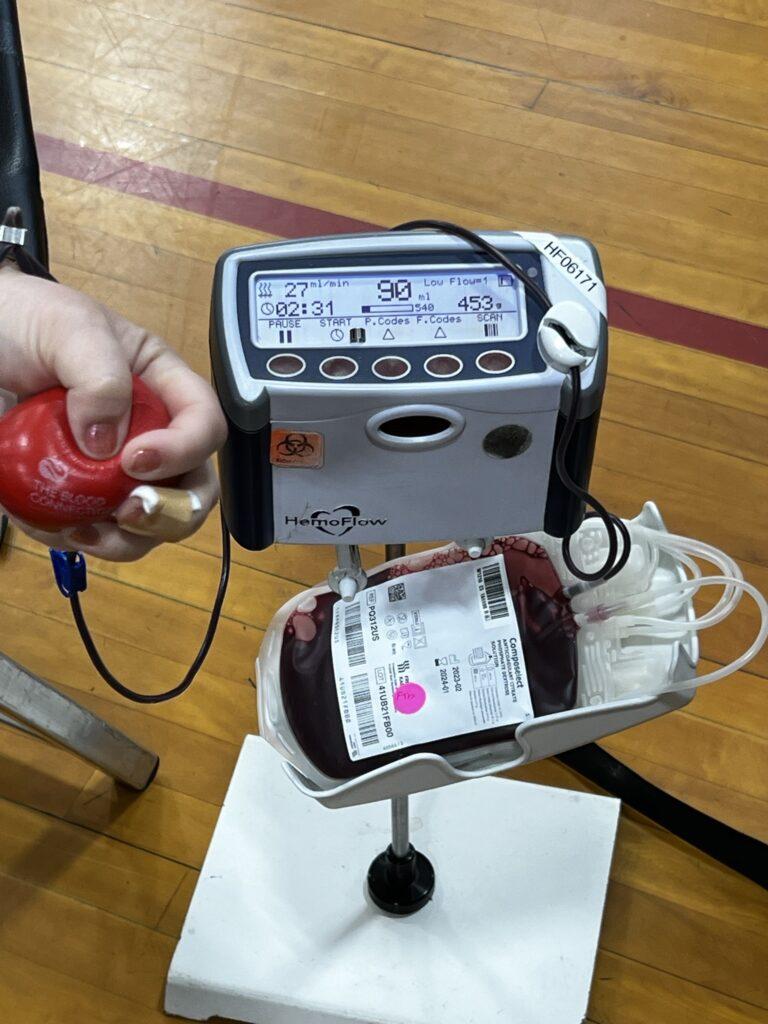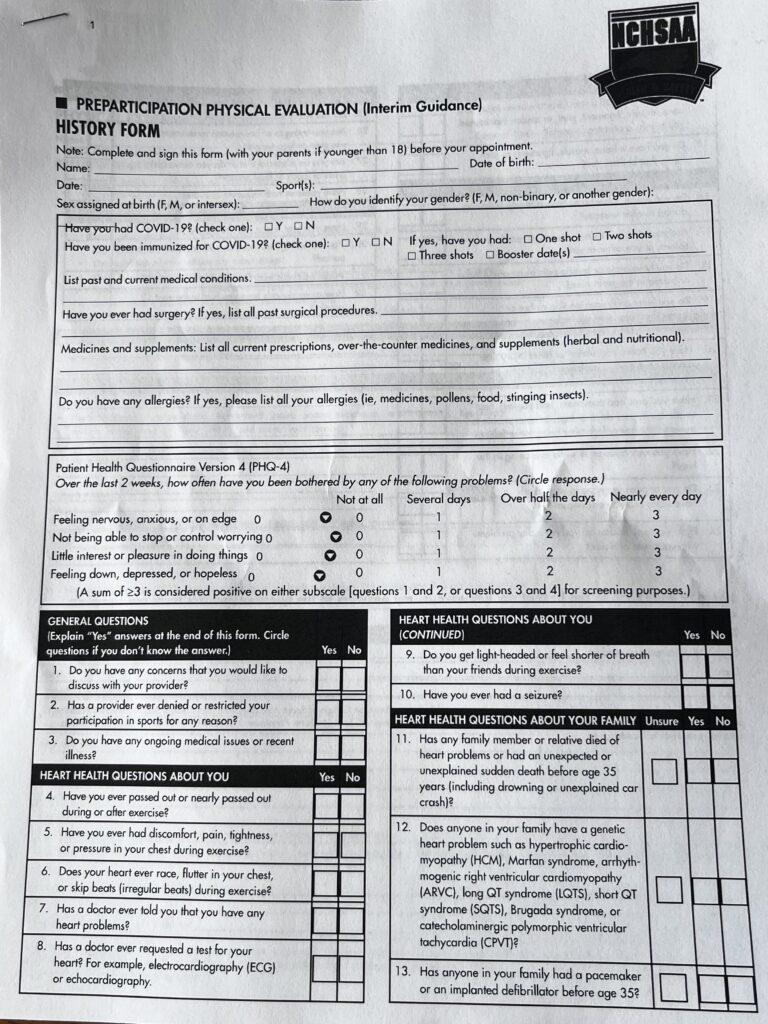For years, high school students in North Carolina have received course grades based on a seven-point scale, but starting next fall, B’s could be A‘s and C’s could be B‘s.
The State Board of Education has voted to implement a 10-point grading scale for all high school students beginning with the 2015-2016 school year.
Originally, the board approved a change for freshmen entering high school next fall, but school superintendents and parents from across the state asked the board to reconsider because of the problem that would be created by having one group of students on a scale different from the all the other students.
“The superintendents saw that there could be an issue when it came to grades,” Principal Dean Jones said. “They stood united and said we either need to do it for all or for none.”
Educators believe the new grading scale will help students who are planning on going to college as most colleges follow a 10-point grading scale. High schools in states surrounding North Carolina, including Virginia, already use a 10-point scale.
The new grading scale could help students raise their grade point average (GPA), a measure commonly considered by colleges in the admissions process. A student maintaining a 91 average would currently receive a B, but next year the student would receive an A.
“It brings us in line with the majority of schools in the country that have a 10-point grading scale,” Anne Hafer, senior guidance counselor, said. “It will look better in terms of their final GPA when they make that application for college admissions.”
Senior Sam Polovina, who has applied to colleges like the University of Georgia and the University of North Carolina at Chapel Hill, believes students will benefit from the new grading scale.
I think personally the new grading scale would help me relax with a larger margin of error,” Polovina said. “I wish this was implemented while I was at West.”
With a change in grading scale may also come a change in standards teachers use while grading classwork. English teacher Matt Parent believes the scale will change his judgment of his students’ work.
My standards as far as what A work looks like will have to be higher, but as far as my teaching goes, it won’t change,” Parent said.
However, some teachers look forward to the change coming next August and don’t believe the scale will change their grading. English teacher Laurene Carnes went to schools that used a 10-point grading scale and believes students will benefit from the change.
“My teaching will remain the same, and I’m happy students can get an A with a 90 instead of a 93,” Carnes said.
Sophomore Zach Whisenant has attended schools under both a seven- and 10-point grading scale while living in Tennessee and North Carolina.
“The 10-point grading scale makes it a lot easier to earn higher grades,” Whisenant said. “Even with a more relaxed scale, I don’t anticipate a change in grades. Students will continue to work at the same pace as before.”
The change will not be applied retroactively to grades from this year or previous years.
By: Josh Conner













